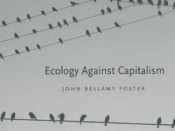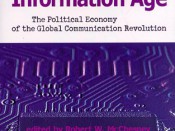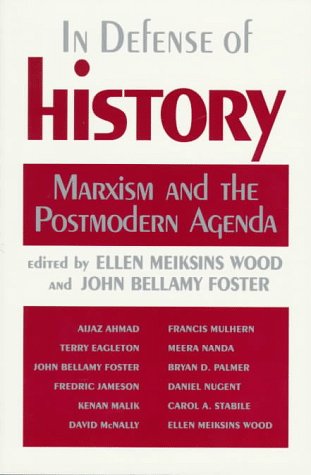Buy at Monthly Review Press
This volume brings together the work of leading Marxist analysts of imperialism to examine the burning question of our time—the nature and prospects of the U.S. imperial project currently being given shape by war and occupation in the Middle East.
Notes/Reprints
- Revised and expanded version of July-August 2003 special issue of Monthly Review with new material. (Contains an article co-authored by Foster and a preface and another article co-authored by Foster).
- “Editors’ Preface” reprinted in Monthly Review, vol. 56, no. 4 (September 2004), pp. 1-4—under the title “The American Empire: Pax Americana or Pox Americana?”
Translations
- Thai translation of “Editors’ Preface” at guru.sanook, November 26, 2013, http://guru.sanook.com/search/pax/







